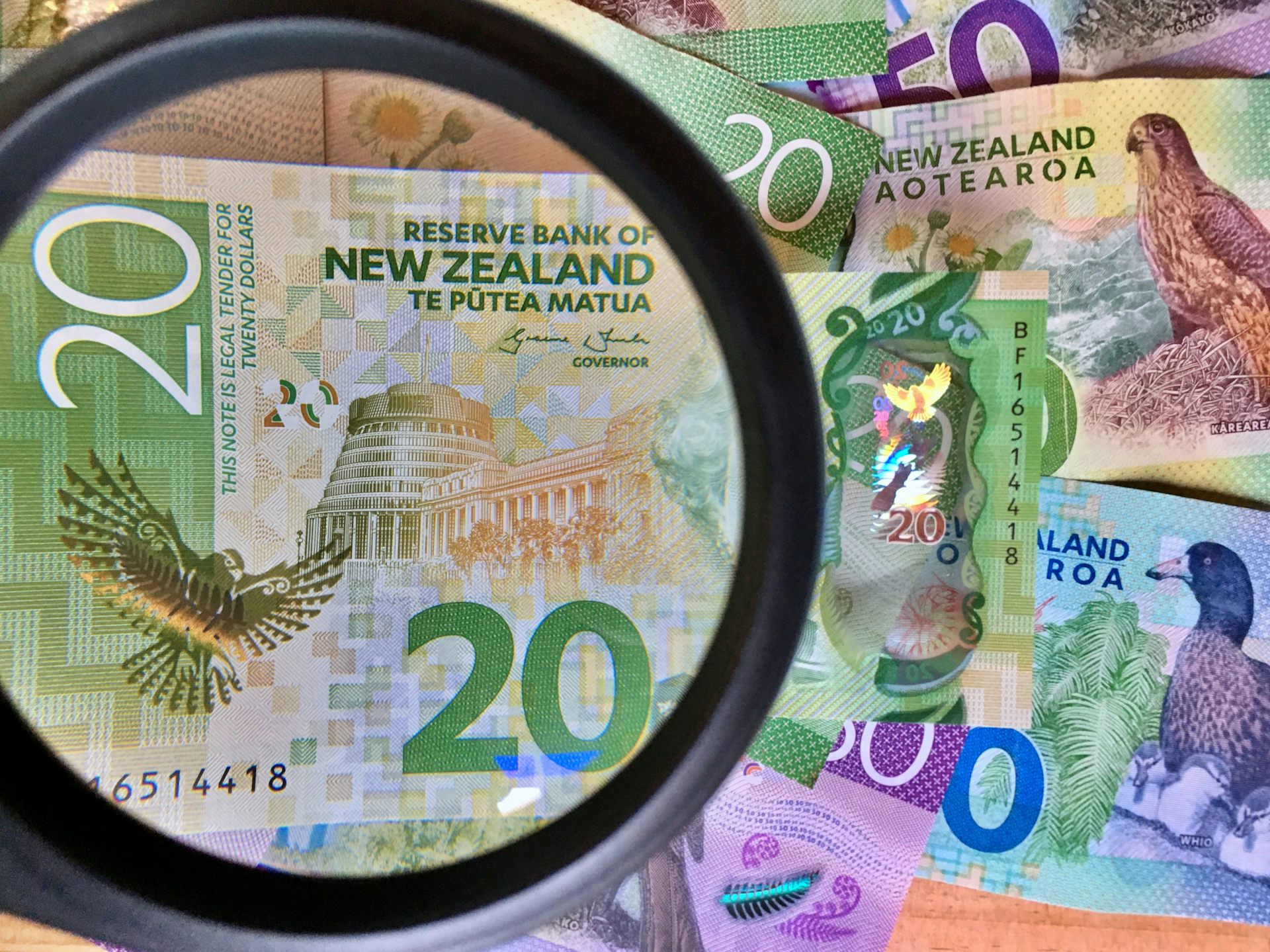
Companies and shareholders associated with the government’s fast-track projects gave more than $500,000 in donations to National, ACT and New Zealand First, according to a recent analysis by RNZ.
While it is impossible to say whether these companies were listed for consideration because of their donations, allegations of possible “undue influence” are inevitably made.
New Zealand’s reputation as a country with little to no corruption owes nothing to our lack of rigour in the regulation of party donations. As Philippa Yasbek, the author of a report by the Helen Clark Foundation calling for tougher rules to combat the risk of political corruption, said:
Our political integrity and honesty have largely evolved from social norms over many decades. Politicians by and large knew the conduct that was expected of them by New Zealand society. Sadly, today, we’re naive to think that’s enough.
Some political parties seem to take little heed of the existing rules. The Electoral Commission has issued warnings to several parties about large donations being declared too late.
The Independent Electoral Review released early this year recommended parties give up access to corporate donations in exchange for greater public funding. Other recommendations included a cap on political donations set at NZ$30,000, and a much lower threshold for disclosing donors’ names.
As one might expect, the political parties disagree about how funding should be regulated, as their main income sources vary. Labour approves of the proposals, although analysis indicates its revenue streams would suffer most if such policies were in place.
ACT is strongly opposed to the principle of public funding, although there are already significant public funds supporting parliament and party advertising during election campaigns.
What New Zealanders think
But what about public opinion? Do people believe large donors have “undue influence”?
The latest New Zealand Election Study, conducted after the 2023 election, included a module of questions that give insights into New Zealanders’ attitudes to potential party funding reforms. The study is a representative sample of nearly 2,000 eligible voters.
What stands out? Many people answered “don’t know” to the questions – which is quite reasonable. The laws that regulate political party activity in New Zealand are complex and of little relevance to most.
Nonetheless, some clear messages emerge. In general, a near majority of people were concerned about the influence of “big interests”. When asked if they agreed with the statement “The New Zealand government is largely run by a few big interests”, 45% agreed and 27% disagreed.
Drilling deeper into the data, about 35% of business owners agreed, compared to just under half of people who don’t own a business.
Asked whether they believed donors exert “undue influence” on politicians, 43% agreed. Only 18% disagreed. Almost 40% had no opinion on this topic and either didn’t know or took a neutral position.
While Labour, Green and NZ First voters leaned heavily to “undue influence”, National and ACT voters were evenly divided between “undue” and “not undue”.
National voters also strongly opted for “don’t know”. About a third of business owners perceived undue influence, compared with about 45% of non-owners.
The 2023 Election Study also included a question on the recommendation made by the Electoral Review that corporate groups and trade unions should be prohibited from making direct donations to political parties: 53% supported this change, while only 17% opposed it.
The Independent Electoral Review also recommended a limit of $30,000 for any individual donation: 57% agreed, compared to 14% who disagreed. While support was strongest on the left and among New Zealand First voters, significant numbers of National and ACT voters also agreed (47% and 44%).
Finally, we asked for people’s views on anonymity of “promoter donations”. Promoters are people or groups registered to advertise during an election campaign for an issue, or for or against a political party. They can collect anonymous donations that are not subject to the same disclosure requirements as parties.
Only 14% of respondents believed in continued promoter donation anonymity on the basis of privacy, and 47% preferred greater transparency. Breaking this down by party vote, some National and ACT voters prefer transparency over privacy, although more were either neutral or answered “don’t know”.
Support for reform
These results show public perceptions of undue influence by donors are widespread. While these perceptions are strongest on the left, they also penetrate deeply into groups who vote for the parties on the right, and into the business community.
And while the political parties have conflicts of interest, there is significant support for the recommendations of the Independent Electoral review across party lines among the New Zealand public, and inside the business community.
Assuming political parties in a democracy should be responsive to voters’ concerns and demands, this should give them food for thought when it comes to potential party funding reform.
This article is based on our submission to the Justice Select Committee inquiry into the 2023 general election.

